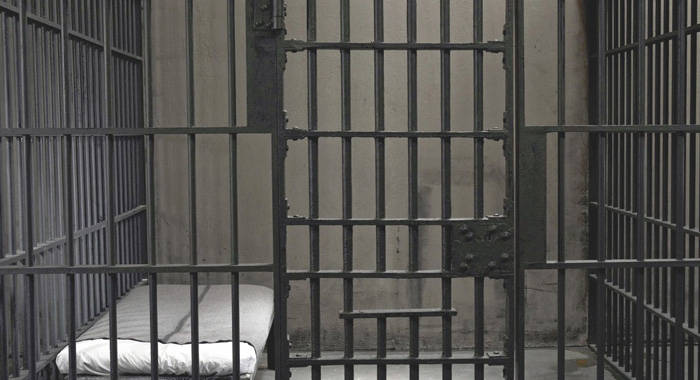Caribbean nationals spend long periods of imprisonment for possessing small amounts of marijuana and often face harsher penalties for victim-based crimes, such as wounding.
This was the finding of the CARICOM Marijuana Commission in its report presented to regional heads of government earlier this month.
The report, which recommended the decriminalization of marijuana, said that among users who receive harsh penalties for possession of even small amounts, are people who use the plant for medicinal reasons.
“Cannabis/marijuana is a victimless crime. As the Commission was told often: ‘nobody ever die from marijuana’. For example, wounding with intent offences can result in non-custodial sentences in some cases, (even when death occurs) while a person with 1.16 grammes of cannabis can be sentenced to imprisonment for 40 years. This is a travesty of any justice system,” the report said.
It said that the law is also demonstrated to be “inconsistently applied, disproportionate and incongruous”, particularly when viewed against the backdrop of other substances proven to be harmful, like alcohol, which are not similarly prohibited, criminalised or demonised.
“Most Caribbean law on cannabis provide for mandatory minimum penalties (typically draconian) which make the law harsher, especially within a strict liability regime,” the report said.
It said that these concerns undermine the legitimacy of the law and inhibit its enforcement.
“Many people do not accept the law on cannabis and recognise clearly that important rationales for law making, especially criminal law — to cure real ‘harm’ or ‘mischief’, are lacking.
“The legal and social dimensions on the issue of marijuana are wide, varied and very compelling. They embrace issues of human rights and deep, abiding concerns about equity and social justice, which must be considered in any regulatory policy.
“They range from the very conception of the law, to the patterns of arrest, trial and sentencing.”
The report said that the commission listened to many “heartrending stories of persecution and harassment” from CARICOM citizens.
“Biases and inequality are discernible in every aspect of the administration of the criminal justice system relating to marijuana, particularly with regard to the poor, the marginalised and Rastafarians.
“Stereotyping and hidden prejudices remain, even in our courts. Because of how Caribbean societies are stratified, such inequity often translates into underlying race biases. Studies demonstrate that drug use itself, is often a function of poverty and lack of opportunities, as a coping mechanism, so that the legal system penalises and criminalises the already vulnerable.”
The report said that the propensity to incarcerate (warehousing), has led to a “wasteful and costly system where many potentially productive lives and families have been destroyed without benefit to the society”.
It said that modern jurisprudence also indicates that important human rights are at stake.
“Courts in Canada and the US have found that denying persons the ability to grow cannabis/marijuana at home for use as a personal medicine violates human rights. These are persuasive precedents and are likely to penetrate Caribbean courts, expanding and in some cases, reversing more restrictive older human rights precedents on cannabis/marijuana.
“Such precedents are amplified by recent right to privacy judgements in Caribbean courts. These cases have held that it is unconstitutional for the state to prevent individuals from such use when taken to promote their health. When the precedents are read in conjunction with recent human rights precedents in the region, the Commission advises that the current prohibition on home-use in existing law is unlikely be sustained if challenged in the courts.”







Very powerful findings. The region is still entrenched in the colonial mindset. Very oppressive legal system.
All this has been known for decades but has never been acted on in a responsible or humane fashion until the last few years.
This is in Vincy?1.16 grammes can get you 40 yeaes
If the cops were at least tolerant to the use of or having a limited amount of cannabis, it would never have come to this ridiculous situation. Cops use it too, Judges also even medical doctors. So what is the big fuss about? It looks like political pandering and another infringement on people’s liberties, all the while alcohol, and tobacco are perfectly legal.